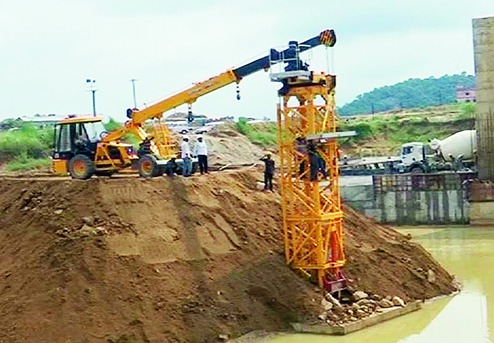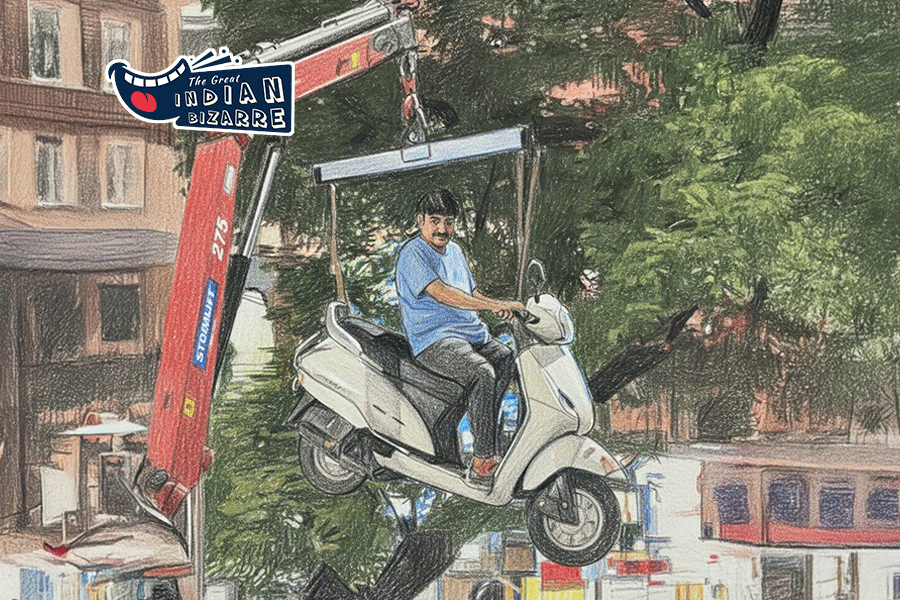
Balangir: The lower Suktel irrigation project, the lifeline of drought-prone Balangir district, will now have an underground irrigation plan instead of the conventional open canal system.
Water resource secretary Pradeep Jena, who was on a visit to the project site, recently shared the information.
After being delayed by 12 years due to protests by pro-dam and anti-dam activists, the project started in 2013.
The cost of the project has gone up to Rs 1,041 crore from the initial estimated cost of Rs 217 crore.
Jena said the plan would cover more land for irrigation. "The open canal system irrigated about 30,000 hectares. The new canal system will irrigate an additional 15,000 hectares," he said.
The official further said that laying of pipelines would be completed in the next three years and the entire project, along with the earthen dam, would be completed by 2021-22. "Feasibility study for the new plan has been done and the tender process will begin shortly," Jena said.
Another advantage of the new plan is that there will be no need for land acquisition and payment of compensation. Farmers can cultivate with an underground canal below their farmland.
Chief engineer of Lower Suktel Irrigation project Belalsen Bhoi said the new plan would benefit both the people and farmers. "On one hand more hectares would be irrigated through the new plan and on the other hand people will not have to give away their land for the project. "There is government rule that there is no need for land acquisition when underground canal are dug four feet below the surface. In such case, the farmer can cultivate on the surface land without any difficulty," Bhoi said.
The project will help to irrigate 29,146 hectares in Balangir and 2,684 hectares in Sonepur district covering 189 villages.











